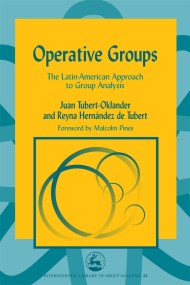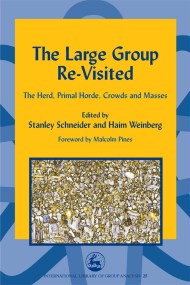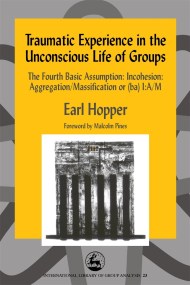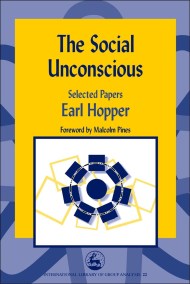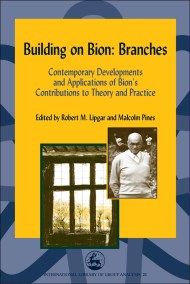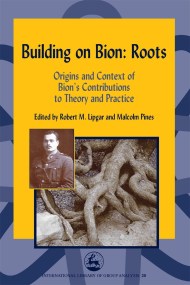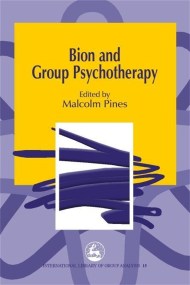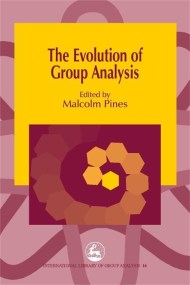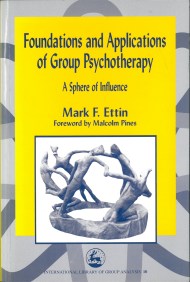Integrating cutting-edge relational theory with technique, this volume reveals the deeply personal nature of the intersubjective process of group therapy as it affects the group therapist and other group members. By locating the group therapist’s experience in the centre of the action, Richard M. Billow moves away from traditional approaches in group psychotherapy. Instead, he places emphasis on the effect of the therapist’s own evolving psychology on what occurs and what does not occur in group psychotherapy.
Building on Bion’s early theory of group and his later formulations regarding the structure of thought and the role of affect, this work expands on the present understanding of relational theory and technique. Through the use of clinical anecdotes the author is able to ground theory in the realities of clinical experience making this essential reading for group psychoanalysts and psychotherapists, psychiatrists and other mental health professionals, academics and students of psychoanalytic theory.
Building on Bion’s early theory of group and his later formulations regarding the structure of thought and the role of affect, this work expands on the present understanding of relational theory and technique. Through the use of clinical anecdotes the author is able to ground theory in the realities of clinical experience making this essential reading for group psychoanalysts and psychotherapists, psychiatrists and other mental health professionals, academics and students of psychoanalytic theory.
Newsletter Signup
By clicking ‘Sign Up,’ I acknowledge that I have read and agree to Hachette Book Group’s Privacy Policy and Terms of Use
Reviews
Relational' group psychotherapy is a development of group therapy where the relational component begins to assume a dominant role, for example, where the group leader cannot be understood as separate from his group. Billow shows how he has been able to use these notions in clinical work, in supervision and in teaching, with many vignettes in each chapter. He also makes use of Foulkesian group analytic ideas and makes links between Foulkes and Bion'.
This book was a true delight... [Billow] has brought Bion's early work on the group experience, Bion's complex theoretical writing on the basic assumptions (i.e., three types of primitive object relations, fantasies and affects which individuals project and act out in social settings), and Bion's writing on the countertranference experience, together.


